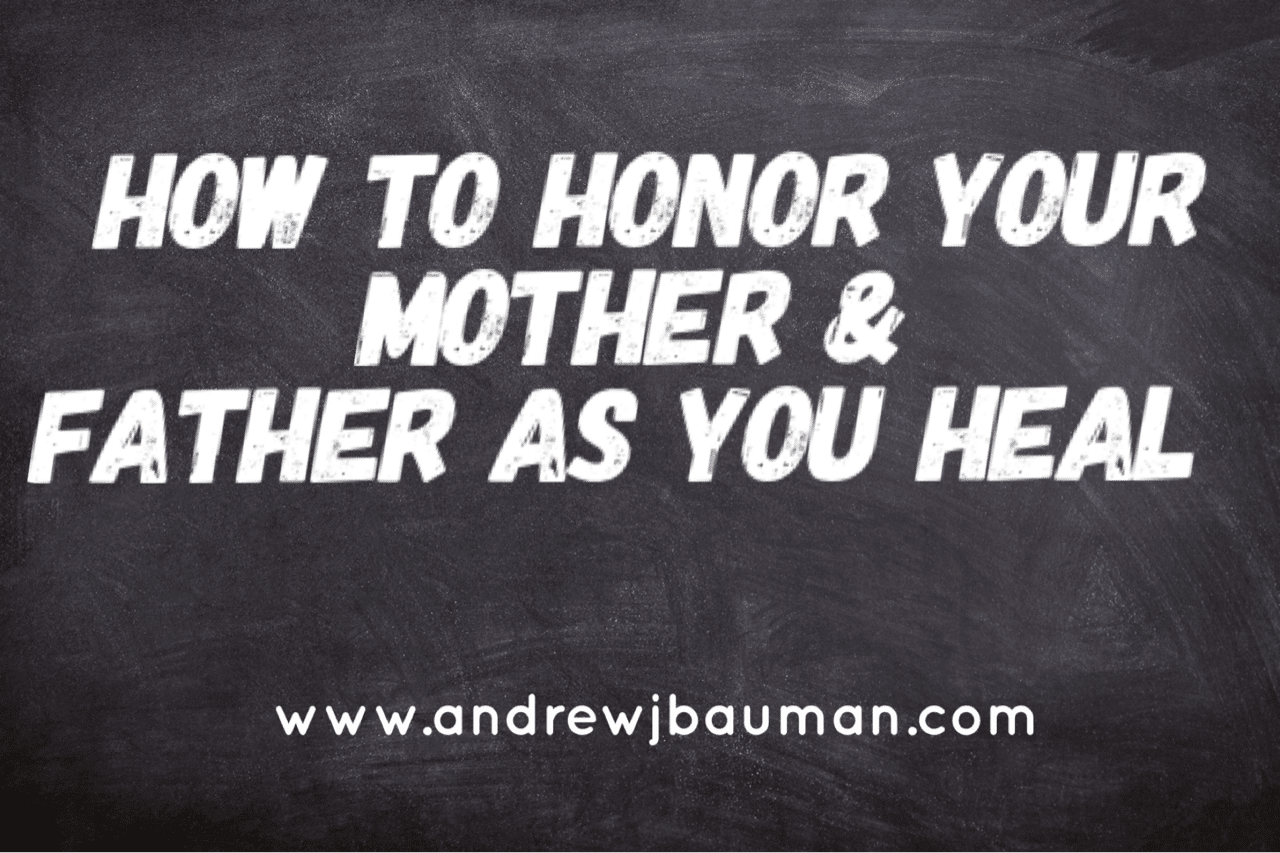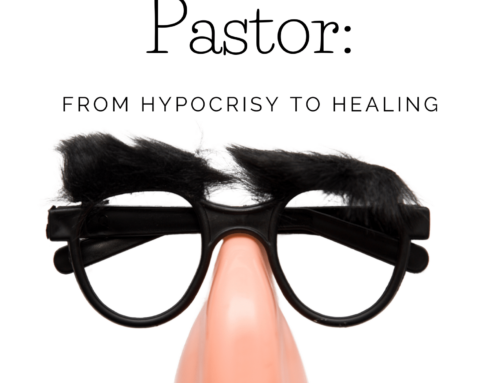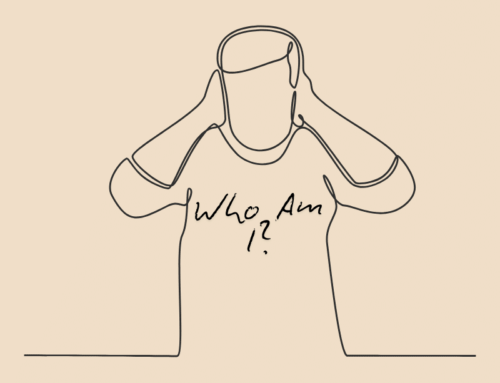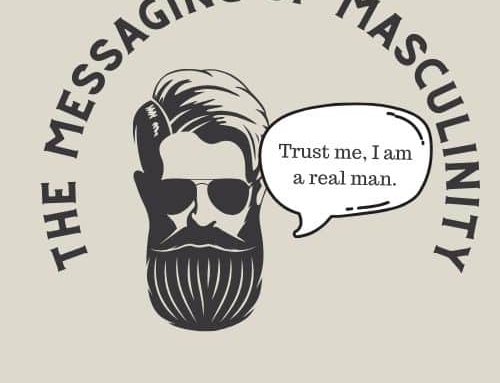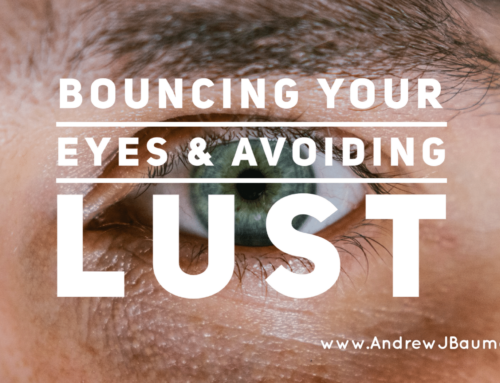One question that comes up often during the healing journey is, how do I honor my mother and father? Telling the truth of one’s family of origin is vital to understanding the truth of one’s own life. To begin to live differently, we must first see clearly.
Why does telling the truth feel dishonorable? How did being inauthentic become honorable?
Shouldn’t it be the other way around? If we are living fraudulently around our parents, what does that say about what we truly think of them? Doesn’t living in-authentically in their presence show a lack of respect for them? Imagine young children overhearing their parents’ intense conversations around death, the horrors of sexual abuse, racial injustice, or the declining state of our nation (yes, these are common topics in our household). When they ask what are we talking about, we choose to dumb it down. We make it easy for them to bear; we tell so little of the truth that what they hear is barely true anymore. We do it to protect their little hearts and minds. How is that much different than what we do with our parents? We don’t tell them anything difficult or painful to hear because we know they will not handle whatever difficult truth we present to them well. We tell ourselves we’re protecting them, but we’re really protecting ourselves and our fragile fantasies of them. Our parents are grown-ups, not children, and in most cases we do not need to protect them. Rather, we merely enable them to stay in their blindness when we choose not to bring the fullness of our truth.
Truth-telling takes practice, and is more of an art than a science. It is important that we be securely differentiated from our parents in order to truly speak our truth to them. We also remember the wise saying, “Don’t cast your pearls before swine”. If your parents are emotionally unsafe, you must be wise in your telling. Remember that you are not telling your truth for their sake, but for your own. I think of a young Christian man who recently disclosed that he was gay to his very conservative parents. He was terrified that they would reject him, so he had spent the last 4 years not being truly authentic with them, and as a result, their connection had dwindled and he had begun to become mentally ill, dealing with increased desire for pornography and numbness. Whenever someone is hiding parts of who they are, genuine intimacy and connection becomes impossible.
Telling your truth is the best expression of honor you can give your parents.
Of course, there are plenty of ways to tell the truth in a dishonorable way. Many times truth can be used as a crowbar to do violence rather than a scalpel to promote healing and transformation. However, what I am advocating for is telling the fullness of truth rooted in kindness and love, not in arrogance or entitlement.
When one person in the family begins to tell the truth and steps into their own healing journey they begin to see the family system with new eyes, they begin to question the norms, and their mere presence throws a stick in the spoke of the wheel of the family system. One person living in truth can feel incredibly threatening to others who depend on a toxic family system as a life force. Breaking unhealthy family norms is honorable. Merely keeping the peace at the cost of your integrity is not only not honorable, it is cowardice. Familial peace is not actual peace if it is built on in-authenticity. When we are living in truth, we live in full alignment. Our inner world and our external world line up and there is no splitting of who we are, no matter whose presence we are in.
What about you? Are you living in truth and authenticity? Are there certain people you remain hidden with? If so, what does that say about the power they hold over you? Is it time to tell the truth to your parents, no matter how poorly they may respond?
